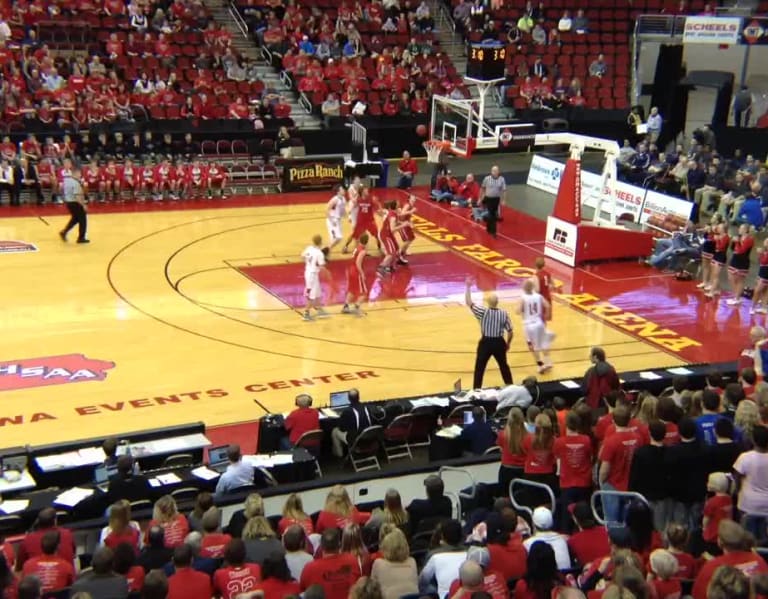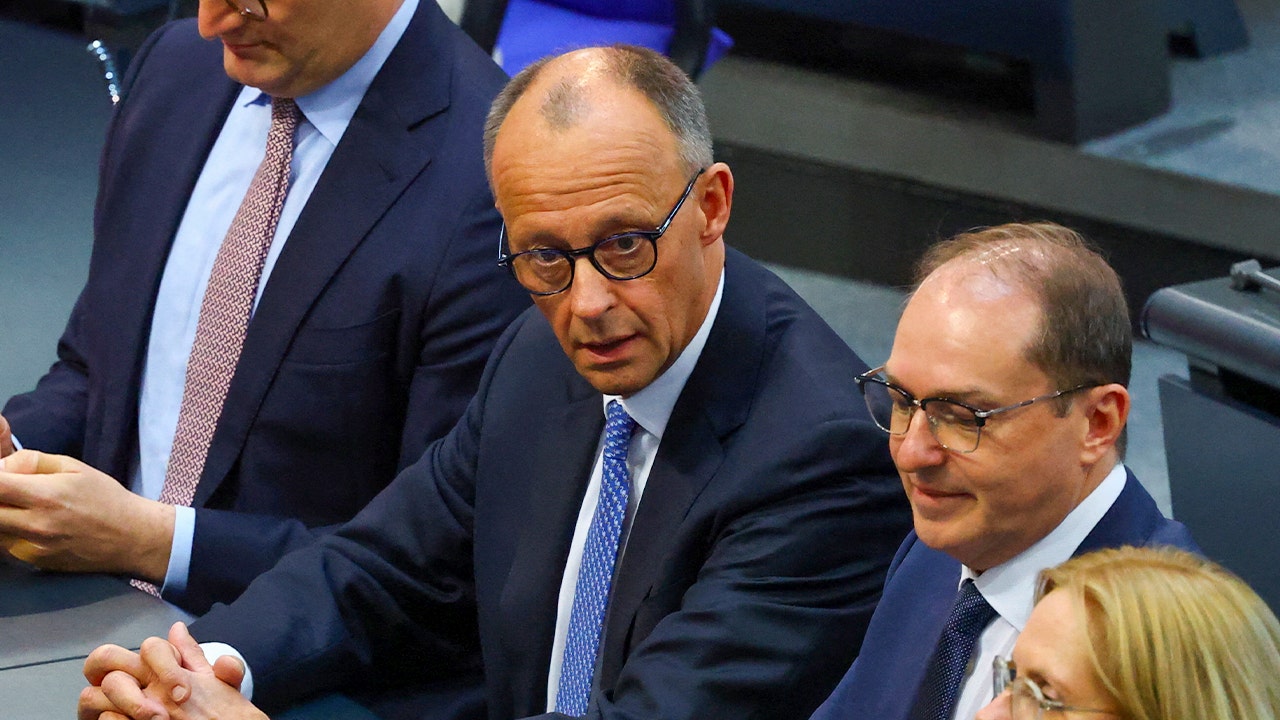Associated Press
May 30, 2025, 01:58 PM ET
Two-time Olympic champion Mikaela Shiffrin finally feels "like myself again" after recovering from a ski racing crash last season and lingering post-traumatic stress disorder.
Shiffrin described in an essay for The Players' Tribune released Friday the physical and mental hurdles she needed to clear after her serious spill during a giant slalom race in Killington, Vermont, on Nov. 30. In the crash, something punctured Shiffrin's side and caused severe damage to her oblique muscles.
"Everyone knows what it feels like to have a bad cough. But PTSD ... it's not like that," the 30-year-old from Edwards, Colorado, wrote. "It comes in all shapes and sizes. Everyone experiences it in their own way, and no two cases are exactly alike."
In November, Shiffrin was leading after the first run of the giant slalom and had the finish line in sight on her final run when she lost an edge and slid into a gate, flipping over her skis. The all-time winningest Alpine World Cup ski racer slammed into another gate before coming to a stop in the protective fencing.
To this day, she doesn't know what led to the puncture wound, only that it was "a millimeter from pretty catastrophic," she told The Associated Press.
Shiffrin wrote in The Players' Tribune that it was "difficult to explain what the pain felt like. But the closest I can get would probably be, it was like ... not only was there a knife stabbing me, but the knife was actually still inside of me."
In late January, Shiffrin returned to the World Cup circuit. The giant slalom, though, remained a cause of anxiety, and she skipped the event at world championships.
Ever so steadily, she is working on overcoming the mental trauma surrounding the giant slalom as she gears up for the 2026 Milan-Cortina Winter Games. She won a gold medal in the discipline at the 2018 Pyeongchang Games.
She has been working with a psychologist to conquer her mental obstacles.
"I can admit that there were some extremely low moments," recounted Shiffrin, who won her 100th career World Cup ski race in February. "Times when I started second-guessing myself, or was critical of myself because I felt like I was letting what happened mess with me so much. It was like: Come on, Mikaela, people have had way worse crashes than that, way worse injuries. Those people got through it. What is wrong with you?
"On particularly bad days, I'd question my motivation, or whether I still wanted to do this anymore. In my head, I'd be saying to myself: You know what, I kind of couldn't care less if I ever race again."
She and the therapist began looking at her recovery through the prism of PTSD.
"With me, I also think it's possible that the crash I had at the beginning of 2024 in Cortina, and then Killington happening ... that those two crashes maybe built on one another," Shiffrin said. "I talked with my therapist about that, and she let me know that past trauma, or a history of traumatic events, can sometimes affect your reaction to new traumatic events."
She lost her father, Jeff, five years ago in a home accident. Her fiancé and fellow ski racer Aleksander Aamodt Kilde of Norway is still recovering from a serious ski crash on Jan. 13, 2024.
"Maybe when I crashed and got that puncture wound, maybe that was kind of a perfect-storm situation for PTSD to take hold," Shiffrin wrote.
Shiffrin said one thing that's helped is "getting back to a place of joy." She closed her essay with: "All I can do is smile with appreciation. Because, finally .... I feel like myself again."
.png)
 German (DE)
German (DE)  English (US)
English (US)  Spanish (ES)
Spanish (ES)  French (FR)
French (FR)  Hindi (IN)
Hindi (IN)  Italian (IT)
Italian (IT)  Russian (RU)
Russian (RU)  1 day ago
4
1 day ago
4








Comments